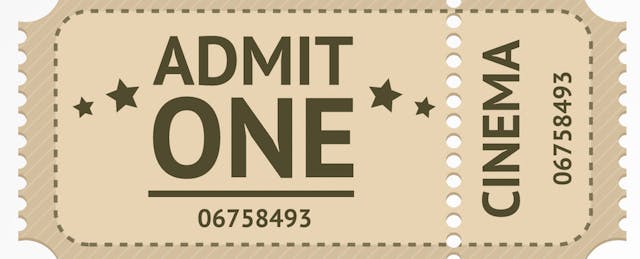Higher education admissions are in a massive state of change.
For some schools, it’s a race to the top: Higher requirements, test scores, selectivity, yield rates, and rankings. For others, the shift to a more holistic assessment or “looking at the whole student” means varying requirements, inconsistencies in the review process, and lack of alignment on how applicants are being measured.
Students are navigating a complex admissions landscape where this school evaluates them differently than that one or any other. Applicants have no idea why or how they’re being evaluated, all the while being pressured by their family, instructors, and the media to attend a “top school.”
If admissions teams can’t clearly articulate what it is they’re really looking for, and how they’re looking for it, how are students supposed to know?
This lack of transparency has created a new industry: Admissions consulting and coaching. Catering to university applicants’ desperation to get into top schools, admissions ‘experts’ have developed a business model based on helping applicants navigate the muddy waters of college applications.
And the demand is evident: This year, Ivy league schools accepted a miniscule fraction of their total applicant pool.
Stanford’s admit rate was 4.7 percent out of their nearly 44,000 applicants. Harvard’s admit rate was 5.2 percent out of around 39,000 applicants. Columbia’s admit rate was 6.0 percent out of more than 36,000 applicants.
Admissions consultants tend to be higher ed ‘insiders,’ familiar with what happens in the back rooms of college administrative officers, and they’re charging upwards to $400 an hour for their expertise.
And they don’t just have past experience: Admissions consultants have been meeting with Ivy League deans for years, and it’s happening now more than ever. They give them a behind the scenes look at their admissions processes, and even run through hypothetical applicants.
The latest in this trend is a new online course offered by The Ivy Dean. For an enrollment fee of $500, the course has been positioned as a resource for disadvantaged students “without access to expert help,” to navigate the growing complexity of college admissions.
The Ivy Dean is calling this ‘disruption’ in admissions, but services like this are only perpetuating the existing problem.
Many schools’ vague criteria gives ‘preference’ to applicants who have had the fortune of opportunities like internships, volunteer trips, and summer jobs that build their resumes, as well as legacy preference if their parents went to the school. Such preferences favor well-off applicants who have family connections or support. These applicants are also able to take more time off from work to study for standardized tests.
In early 2016, jarring data from the Jack Kent Cooke Foundation’s True Merit report showed the real and growing gap between socioeconomic classes’ acceptance and enrollment in competitive colleges:
Seventy-two percent of the students in America's most competitive higher education institutions are from the top socioeconomic quartile in the United States, while only three percent hail from the bottom socioeconomic quartile.
With consultants and coaches, the gap widens further, adding another barrier of cost and time commitment that puts applicants in lower socioeconomic standing at a disadvantage.
You should never need to take a class or hire a consultant to learn how to apply for higher education.
Applicants need clarity on what schools are looking for. They need transparency from the admissions teams. They need a fair review process.
If change does not happen soon, this divide will continue to grow, ensuring that only applicants who can afford to invest thousands into hiring help can get their application before a reviewer.
Colleges and universities need to stand back and take a critical look at their admissions practices and ask why getting into their programs is more challenging than excelling in them.


